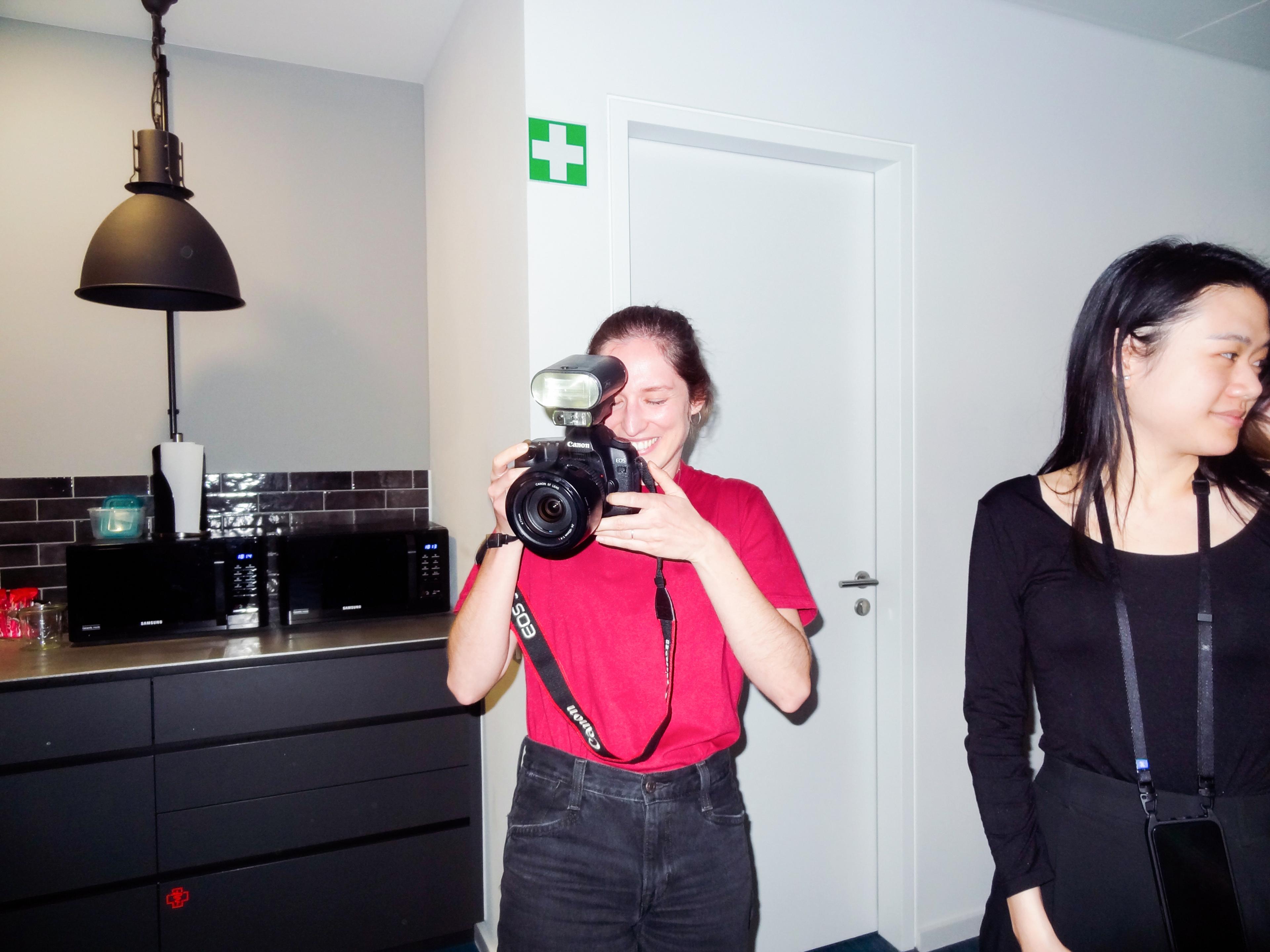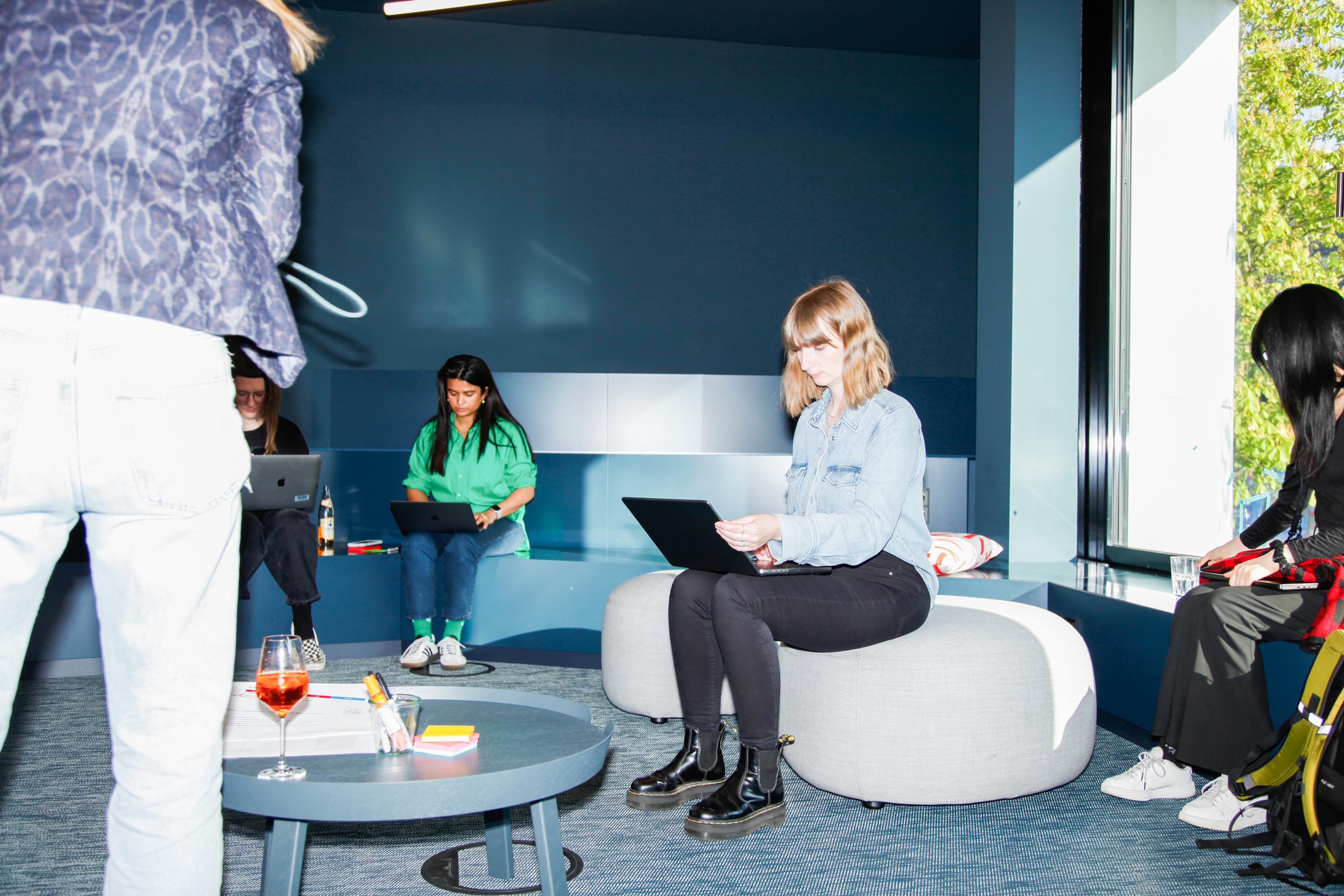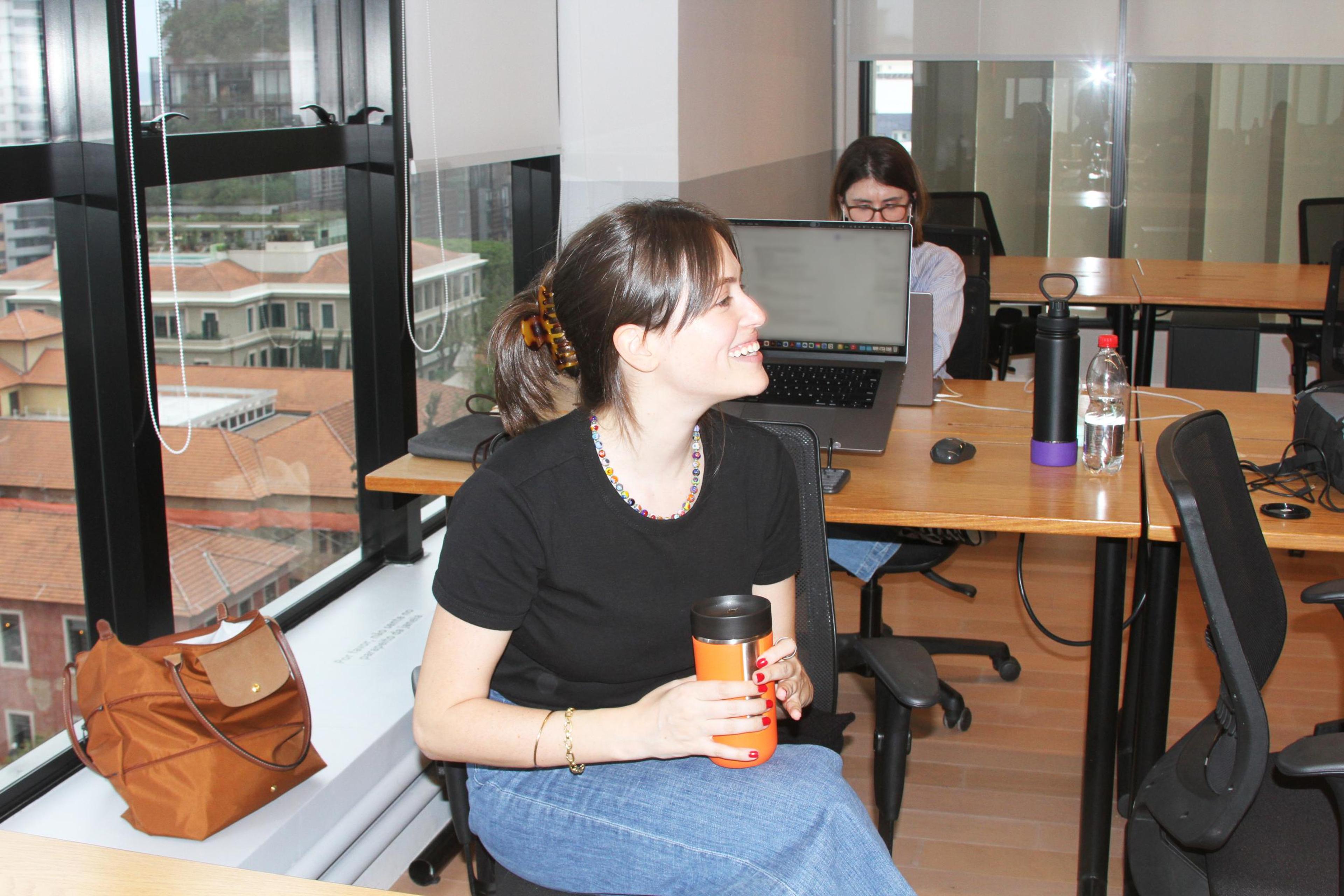For half a century Interbrand has been solving the most decisive brand challenges for the world’s most ambitious organizations, making a profound impact on their brand value. We give our clients the confidence to make Iconic Moves that help brands thrive in what’s next, driving exceptional business results.
For half a century Interbrand has been solving the most decisive brand challenges for the world’s most ambitious organizations, making a profound impact on their brand value. We give our clients the confidence to make Iconic Moves that help brands thrive in what’s next, driving exceptional business results.
Did you know?
CREATE
ACCELERATE
MEASURE
Interbrand pioneered Brand Valuation in the eighties, proving brands are valuable business assets. Today, we advance Brand Economics, showing how brands drive customer, talent, and investor decisions.
Our People






Our People Promise
At Interbrand we nurture a global community of thinkers and makers with the curiosity and the confidence to create iconic work.